The U.S. Food and Drug Administration has officially outlawed a specific ingredient linked to cancers and illnesses in the United States.
The chemical has already been banned in several countries for its negative health affects on humans.
What Is the Ingredient?
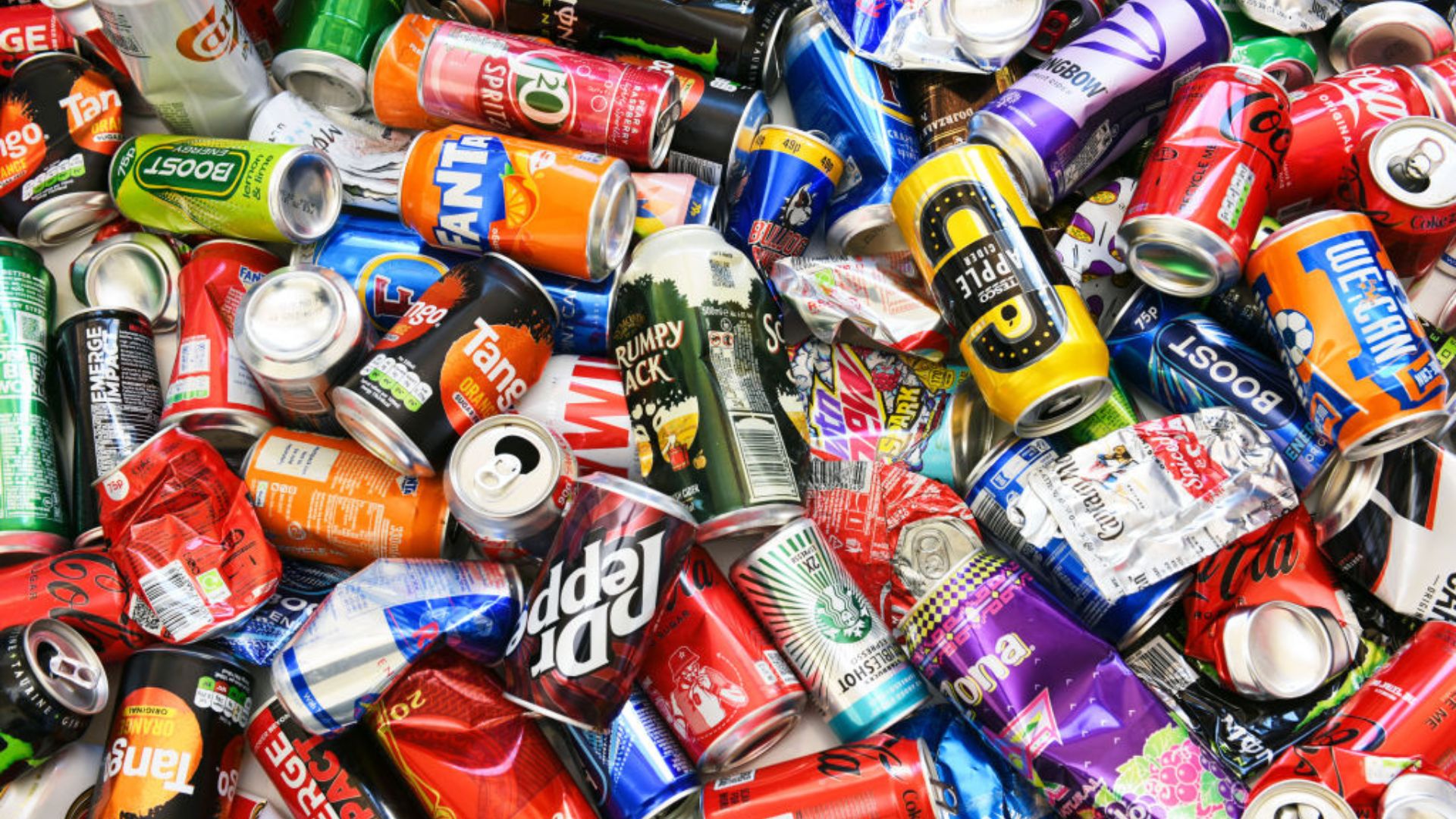
The ingredient is being banned in the use of brominated vegetable oil, a type of oil modified with bromine.
It undergoes this process to allow the fat to be dissolved in liquids like water. The use is currently allowed in citrus-flavoured drinks to prevent any fat from separating while the drink sits.
Addictive Qualities
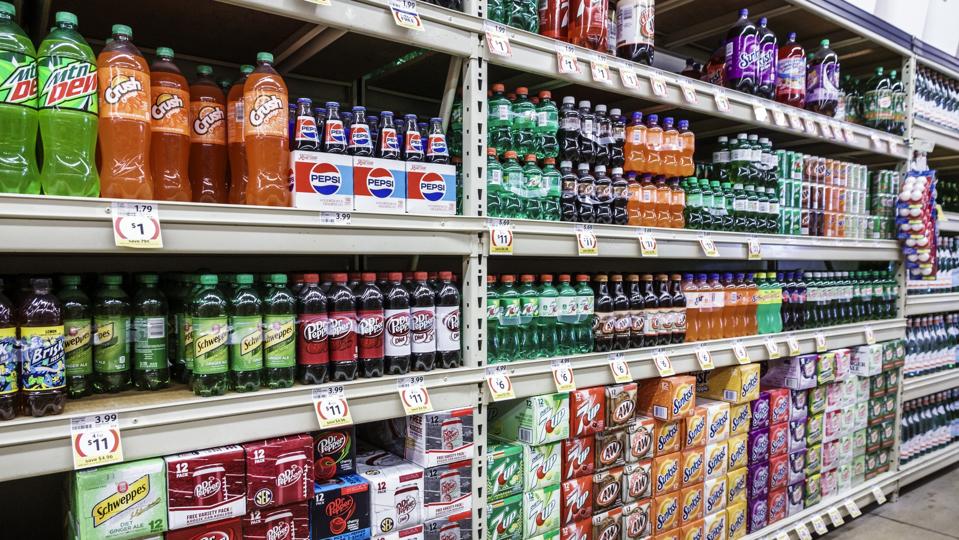
The agency concluded that the use of brominated vegetable oil (BVO) is highly addictive and no longer considered safe.
Studies, in collaboration with the National Institutes of Health, found that the chemical has many adverse health effects on people.
Why Is It Being Banned Now?
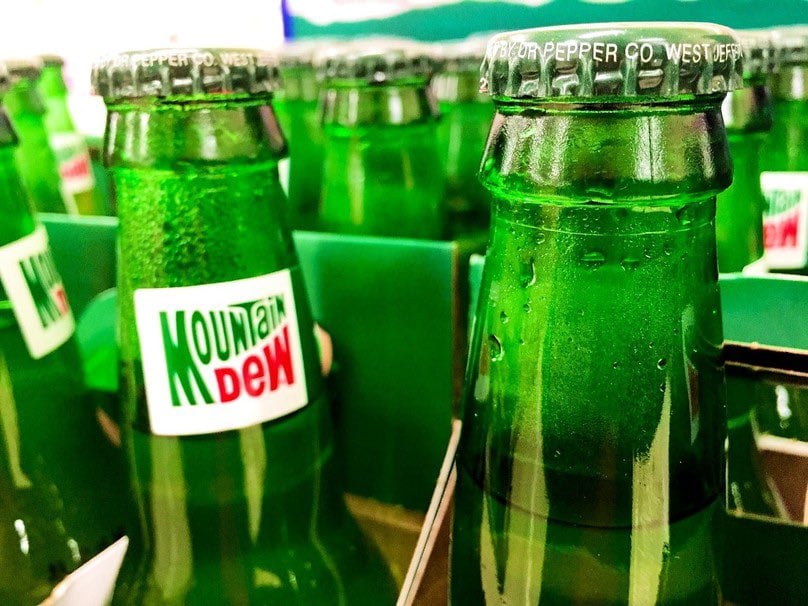
BVO is being banned now that new information in the U.S. has become available that shows how the modified oil continues to addictive behaviours, weight gain, and food-related cancers.
The substance was previously used in citrus-flavored drinks and sodas to keep the tangy taste mixed evenly throughout the beverage.
Chemical Already Outlawed Around the World
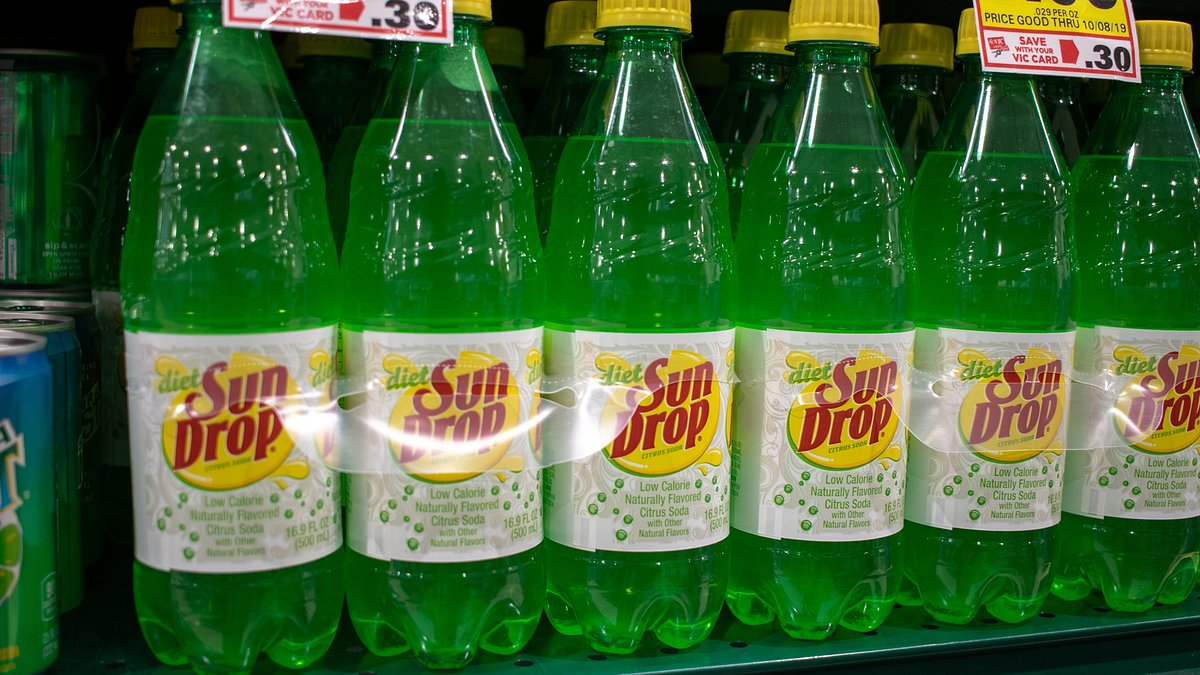
The chemical has already been banned in other parts of the world, including all of Europe, India, and Japan.
In many other countries, food standards are higher, which results in longer life spans and lower incidents of cancer and obesity.
Forever Chemicals
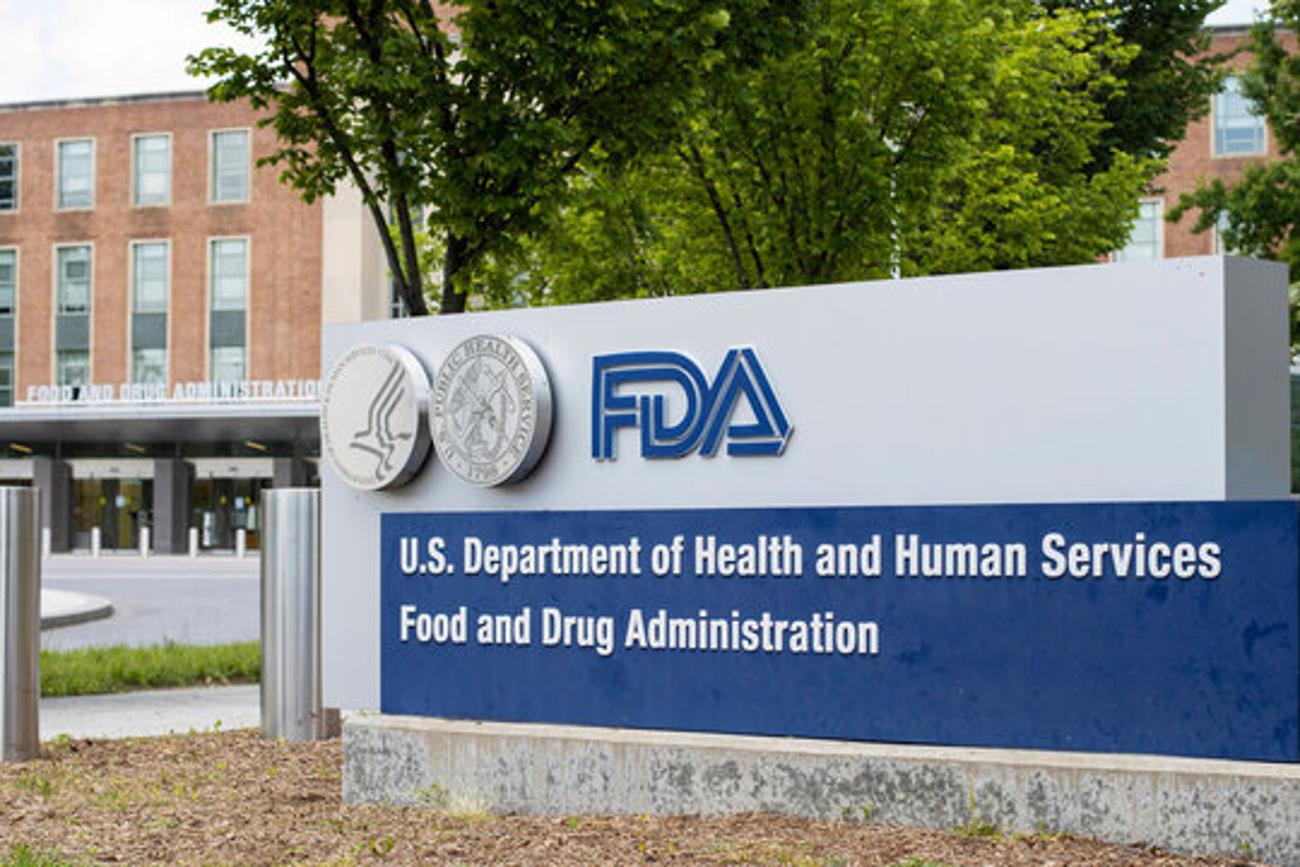
In recent months, more public attention has been given to “forever chemicals” that stay in water supplies and the human body forever. A specific type of PFAS, short for per- and polyfluoroalkyl substances, used to create nonstick cookware, bandaids, clothing, and more, has been tied to dire health outcomes.
The CDC and FDA have both agreed to tighten up restrictions on the chemicals that live in our blood streams and can increase the incidence of damage, illness, and cancer in the liver, kidney and other organs.
Sodas Are Linked to Cancers
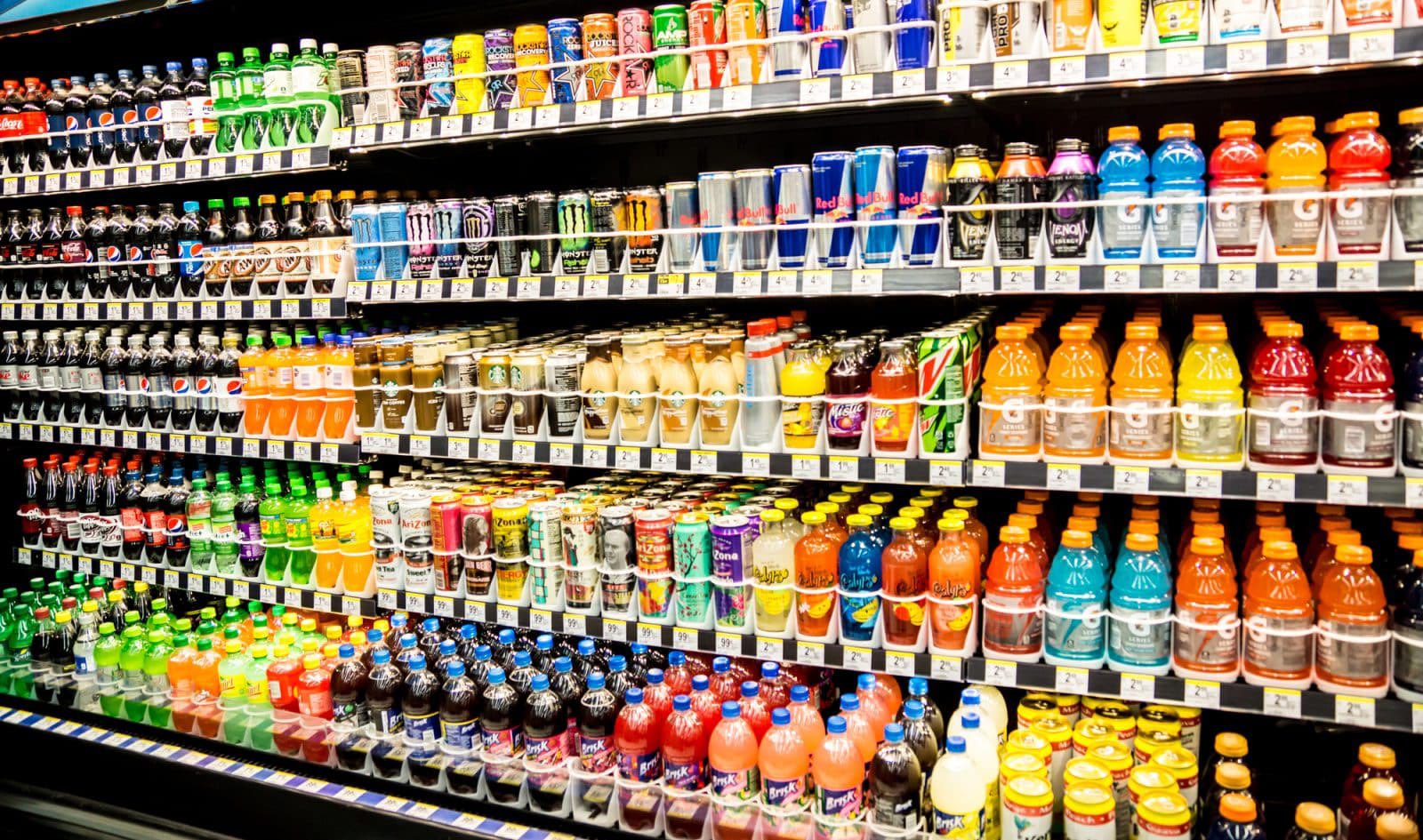
A study by the Cancer Council shows that just one sugary drink a day can significantly increase the risk of 13 different types of cancer.
Aside from ingesting massive quantities of sugar, pops, sodas, and sports drinks often contain added chemicals and substances that contribute to lowered heart health and fatty liver disease.
The U.S. Is Addicted to Soda
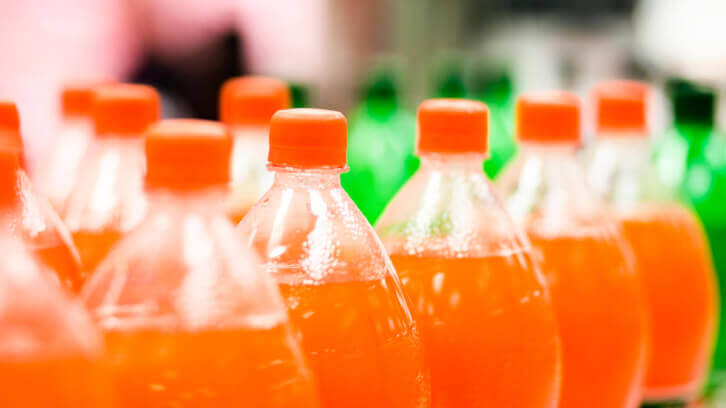
Slashing soda from your diet can have immense health benefits, from lowered risk of type 2 diabetes to lowered weight and less risk of cancer. But why is soda so addictive in the first place?
According to Gary Wenk, Ohio State University director and author of “Your Brain on Food,” the amount of sweetener, caffeine, and carbonation is specifically designed to be seriously addictive. The average 12-ounce can of Coca-Cola has 39 grams of sugar, the equivalent of 10 teaspoons of sugar, which is more than any person should consume in one day.
Ban Begins August 2
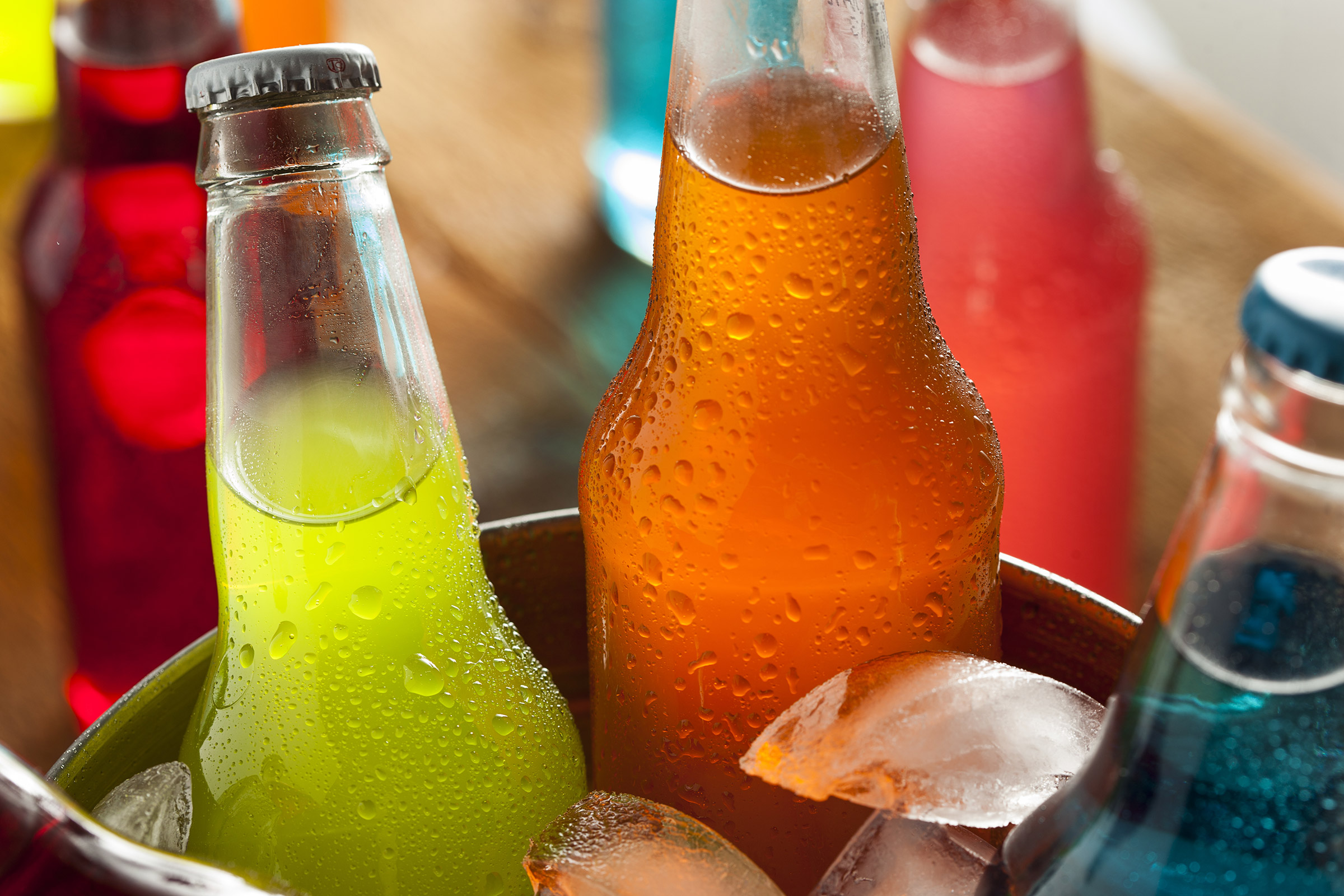
The ban on BVO will take effect on August 2 of 2024 and companies will have one year to completely change their recipes and remove the substance from their drinks.
The year timeline is necessary for large companies to reformulate, relabel, and deplete any inventory with products containing BVO.
What Does BVO Do to the Body?
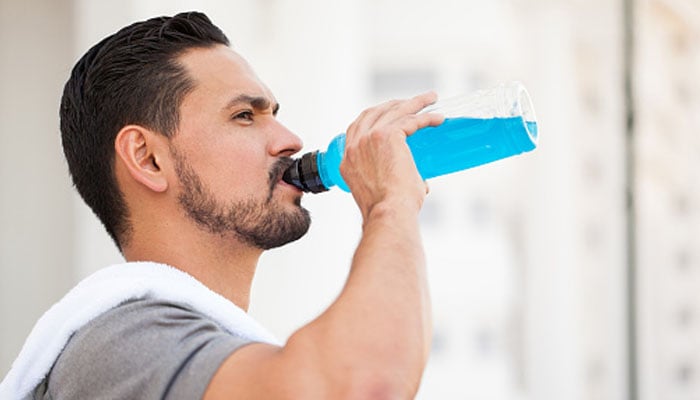
Studies have found that BVO leaves “residues of bromine triglycerides in body fat and fat in the liver, heart, and brain.”
Heightened levels in the body can result in memory loss, tremors, fatigue, loss of muscle coordination, headaches, ptosis of the right eyelid, and elevated levels of chloride.
What Products Use BVO
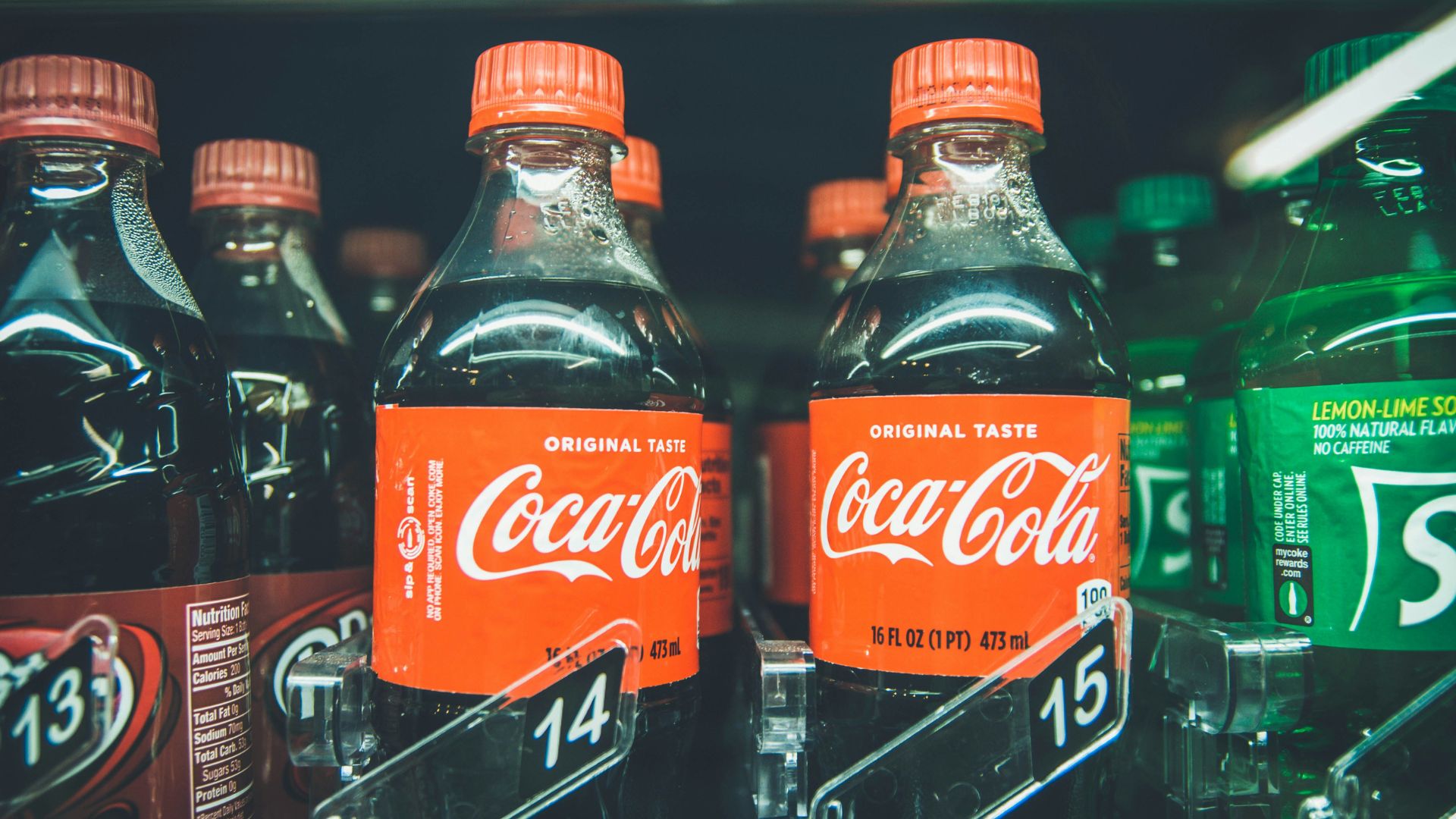
According to Food Safety News, the ingredient is used in at least 70 products shelved in the United States.
Some of the products available today are Sun Drop, made by Dr. Pepper, Orangette by the Great Value brand, Orange Soda by Giant Foods, and Mountain Dew.
How To Avoid the Ingredient
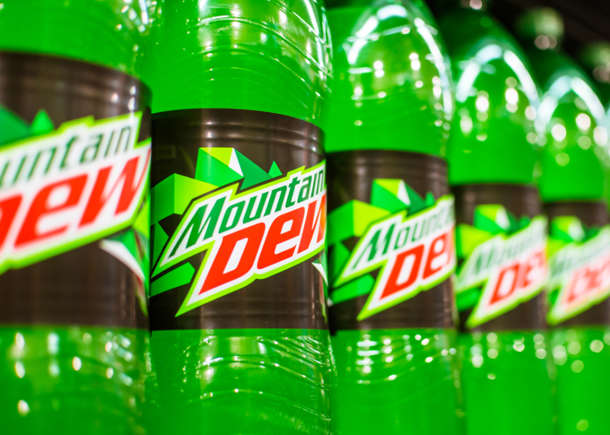
If you want to avoid BVO in your everyday diet, consider cutting out sugary sodas, especially anything with a citrus flavour.
For other items, check the ingredient list for “brominated vegetable oil” or “brominated” for any other type of oil, such as soybean. As well, food scientists say that off-brand sodas are more likely to use the substance as it’s cheap and easy to use for quick batches.








































